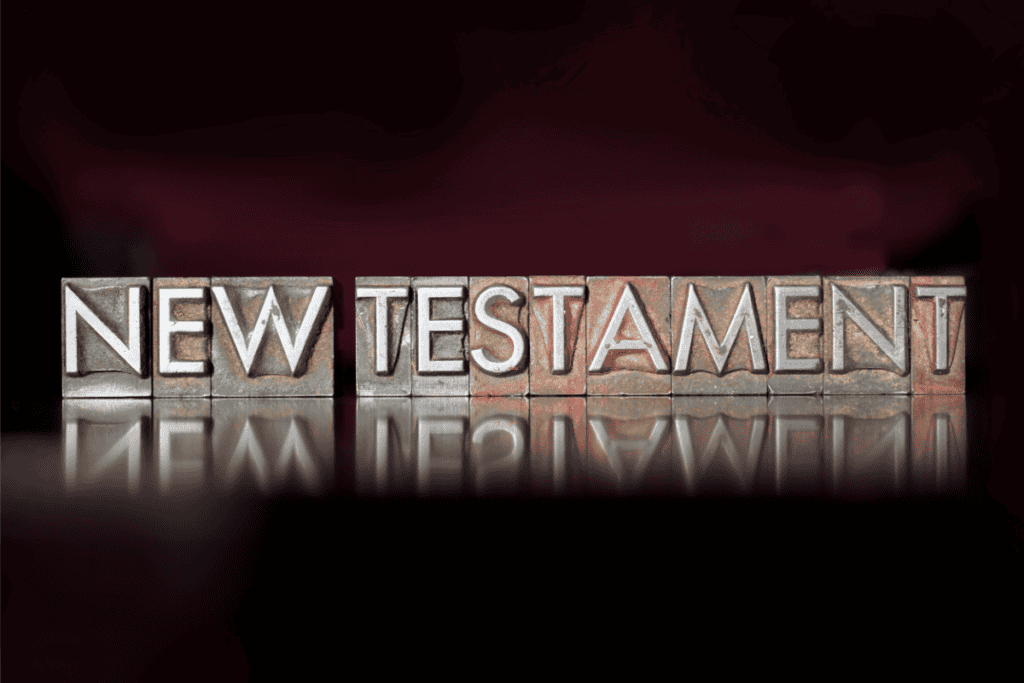Growing up in a Christian family, Sundays were always special. We would go to church in the morning and spend the rest of the day together as a family. But as I got older, I began to wonder if the Sabbath was something more than just a day of rest. Did God still expect Christians to keep the Sabbath in the way it was practiced in the Old Testament? Or did Jesus’ teachings change how we understand this commandment?
The question of whether the Sabbath applies to Christians today is one that many believers wrestle with. The Bible shows us that while God established the Sabbath as a day of rest in the Old Testament, Jesus fulfilled the Law, including the Sabbath, through His life, death, and resurrection. Christians are not bound by the Old Testament Law but are called to find their rest in Christ.
However, the topic doesn’t end here. There’s much more to understand about how we, as Christians, are called to live out the principle of the Sabbath in our modern lives. Let’s explore the deeper meaning and application of the Sabbath today.
The Origin and Purpose of the Sabbath

The Sabbath first appears in Genesis 2:2-3 (NLT) where God rests on the seventh day of creation. “On the seventh day God had finished his work of creation, so he rested from all his work. And God blessed the seventh day and declared it holy, because it was the day when he rested from all his work of creation.” The Sabbath was God’s idea, designed for humanity’s benefit.
In Exodus 20:8-11 (NLT), God commands His people to observe the Sabbath: “Remember to observe the Sabbath day by keeping it holy. You have six days each week for your ordinary work, but the seventh day is a Sabbath day of rest dedicated to the Lord your God.” This commandment made the Sabbath a sign of the covenant between God and Israel, setting them apart from other nations.
The purpose of the Sabbath was both spiritual and practical. It allowed the Israelites to focus on worshipping God while resting from their labor. It reminded them that God was their ultimate provider, and that they could trust Him for their needs. In a world that often measures value by productivity, the Sabbath served as a countercultural practice—a reminder that God’s provision is what truly sustains us.
Jesus’ Fulfillment of the Law

When Jesus came, He redefined how we understand many aspects of the Old Testament Law, including the Sabbath. In Matthew 12:8 (NLT), Jesus declares, “For the Son of Man is Lord, even over the Sabbath!” This bold statement shifts the focus from strict observance of the day itself to Jesus’ authority and fulfillment of the Law. Jesus didn’t abolish the Sabbath, but He showed that its ultimate purpose was to point to Him.
Jesus demonstrated this in the way He healed people on the Sabbath, which the Pharisees condemned. In Mark 2:27 (NLT), Jesus responded, “The Sabbath was made to meet the needs of people, and not people to meet the requirements of the Sabbath.” Through this, He highlighted that the Sabbath was always meant to be a blessing, not a burden.
By His death and resurrection, Jesus fulfilled the requirements of the Old Testament Law, including the command to keep the Sabbath. Romans 10:4 (NLT) tells us, “For Christ has already accomplished the purpose for which the law was given. As a result, all who believe in him are made right with God.” Christians are no longer bound to observe the Sabbath in the same way the Israelites did under the Mosaic Law.
The New Testament and Sabbath Principles

Though Christians are not required to keep the Sabbath as outlined in the Old Testament, the principle of rest and devotion to God is still very much alive in the New Testament. Hebrews 4:9-10 (NLT) explains, “So there is a special rest still waiting for the people of God. For all who have entered into God’s rest have rested from their labors, just as God did after creating the world.”
This “rest” refers to the spiritual rest we find in Christ. It goes beyond observing a specific day of the week. In Jesus, we find eternal rest from trying to earn our salvation through works. We are invited to trust in His finished work on the cross and live in the peace that comes from being reconciled to God.
However, this doesn’t mean Christians should neglect the idea of rest altogether. Our lives are filled with work, commitments, and distractions that can pull us away from our relationship with God. Setting aside regular time to rest and refocus on God is a wise and biblical practice.
Colossians 2:16-17 (NLT) reminds us, “So don’t let anyone condemn you for what you eat or drink, or for not celebrating certain holy days or new moon ceremonies or Sabbaths. For these rules are only shadows of the reality yet to come. And Christ himself is that reality.”
Practical Ways to Apply Sabbath Rest Today
Even though Christians are not required to observe the Sabbath in the same way as Old Testament believers, the principle of taking time to rest and focus on God is still essential for spiritual health. Here are a few practical ways to incorporate Sabbath rest into your life today:
- Set Aside Time for Rest: In our fast-paced world, it’s easy to get caught up in the cycle of busyness. Choose a day or a few hours each week to rest from work and intentionally focus on God. This might involve spending time in prayer, reading Scripture, or simply enjoying His creation.
- Prioritize Worship and Community: The early church gathered on the first day of the week to celebrate Jesus’ resurrection (Acts 20:7, NLT). Regular worship and fellowship with other believers is vital for spiritual growth. Make it a priority to attend church, either in person or online, and connect with your Christian community.
- Trust God with Your Time: Observing a rhythm of rest requires trust. It can be tempting to fill every moment with activity, but setting aside time to rest is an act of faith. It shows that you believe God is in control and that He can accomplish His purposes, even when you take a break.
The Heart of the Sabbath: Resting in Christ

At its core, the Sabbath is about more than a day off; it’s about trusting God and finding our ultimate rest in Him. Jesus invites us to come to Him with all our burdens and find rest for our souls (Matthew 11:28-29, NLT). This rest is not tied to a particular day of the week, but it is a way of life—living in the freedom and peace that come from knowing we are loved and cared for by God.
While the Sabbath as a legal requirement does not apply to Christians in the same way it did to the Israelites, the principle of resting in God’s provision remains vital. The rhythm of rest helps us to draw near to God, reminding us that He is the source of all we need. As we rest in Him, we are renewed, restored, and strengthened for the work He has called us to do.
Conclusion: Living Out Sabbath Rest Today
In summary, the Sabbath, as practiced under the Old Testament Law, does not apply to Christians in the same way today. Jesus fulfilled the Law, and we are now invited to find our rest in Him, not in the observance of specific rules or days. However, the principle of rest, devotion, and trust in God is still crucial. As believers, we are called to set aside time to rest, worship, and trust in God’s provision, knowing that true rest is found in Christ alone.

